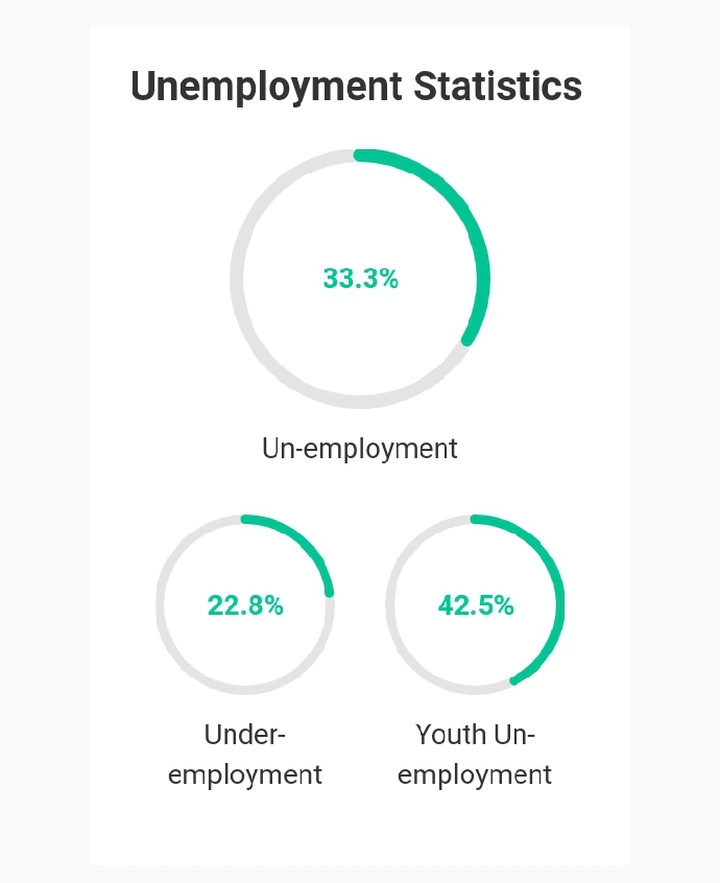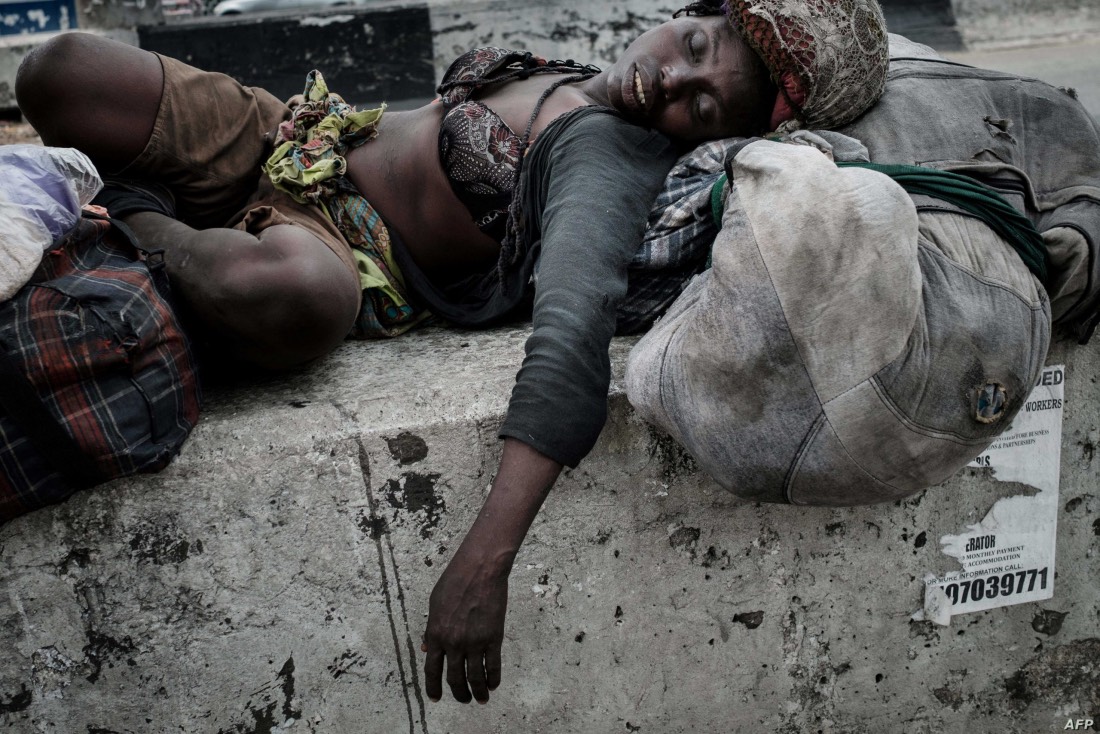The National Bureau of Statistics, NBS, recently released one of the most shocking reports since its establishment in 2007. Its yearly statistical report revealed that over 130 million Nigerians live below the poverty line. In plain terms, nearly half of the country’s population are poor.
The reports by the NBS raised countless mixed feelings and burning questions among local and international analysts, who marveled at the gigantic figures despite the country’s extensive oil wealth.
The discovery of oil in Nigeria in the 1950s was predicted to be the watershed moment that was supposed to usher the country into a period of advance infrastructural and human capacity development. Back then, experts predicted that the sale of the country’s crude oil will enable successive governments to carry out massive reforms that will make the average citizen to live comfortably above the poverty line.
It is however sad to note that, after decades of crude oil sales, the country still wallows in the abyss of economic uncertainties. A brief look at the data available on the website of the National Bureau of Statistics shows the unemployment rate in the country is at 33.3 percent. This clearly demonstrates that, even with its oil wealth, Nigeria still has one of the highest rates of unemployment in the world.
For a country to be headed towards the path of a development utopia, it must first of all address the issues of unemployment and poverty. Tackling issues such as these, require the application of the theory of comparative advantage. This theory involves harnessing what we have to solve our problems. Nigeria ought to have used the proceeds from the sale of oil to tackle unemployment over the years.
Corruption, political instability, and other factors have prevented the country from achieving developmental long-term goals. The level of infrastructural development in many gulf countries namely, United Arab Emirates, Bahrain, Oman, Qatar, and Kuwait, will make you wonder what successive governments have been using the monies from the sales of crude oil for.

Analysts have narrowed down The root cause of the problems that Nigeria has been facing since the discovery of oil to bad leadership. Nigeria and many other nations have proven that a country can possess almost all the natural resources in the world, yet the majority of its citizens remain poor due to mismanagement by the ruling class.
Experts have tabled various solutions to the difficulties that are bedeviling the country. At the top of the mountain of possible panaceas to the economic woes of Nigeria sits good leadership and diversification of the economy. The country needs to explore other non-oil sectors. The over reliance on crude oil as the main source of foreign exchange has made the discovery of oil to become a curse rather than a blessing. No pun intended.
Under Buhari: ‘64% Nigerian Children Risk Death Over Poor Vaccination’ – UNICEF
The United Nations Children’s Fund, UNICEF, has warned that with only 36 percent of children aged 12-23 months receiving all recommended vaccines, a substantial number of Nigerian children are at risk of death and disability from vaccine-preventable diseases.
The global organization noted that the immunisation coverage in Nigeria is below the Global Vaccine Action Plan, GVAP, which exposes a huge number of children in the country to preventable diseases and deaths.
Eghe Abe, the UNICEF Health Specialist, Port Harcourt Field Office, who sounded the warning at a One-Day multi-zonal Media Dialogue with Journalists on Dissemination of Multiple Indicator Cluster Survey, MICS, 2021 disclosed that the figures from recent surveys indicated that 64 percent of children aged 12-23 months did not receive all routine immunizations in the country.
Quoting the National Immunisation Coverage Survey, NICS, 2021, Abe noted that the immunisation coverage varied across the geopolitical zones with the northern part of the country recording low rate of vaccination.
In his breakdown, he observed that “from the survey only 32 percent of children received all doses of vaccine in the North Central. In the North East only 24 percent of children received all doses; while in the North West only 25 percent of children received all the doses.”
According to him, “57 percent of children received all doses of vaccine in the South East. The South South recorded 49 percent coverage of children who received all doses while in the South West only 50 percent of children received all the doses.”
The Health Specialist opined that the coverage figure was not good enough for the children stressing that more needed to be done by governments and all stakeholders to save Nigerian children by getting them fully vaccinated in order to avert the childhood killer diseases that are preventable with vaccines.
He identified lack of knowledge and information as the main reported reason for children not being fully vaccinated in the country saying, “that is why more is needed to be done in that direction.”







